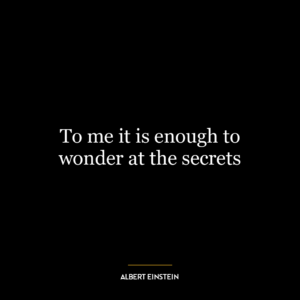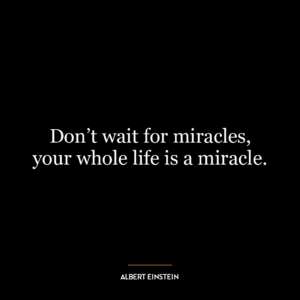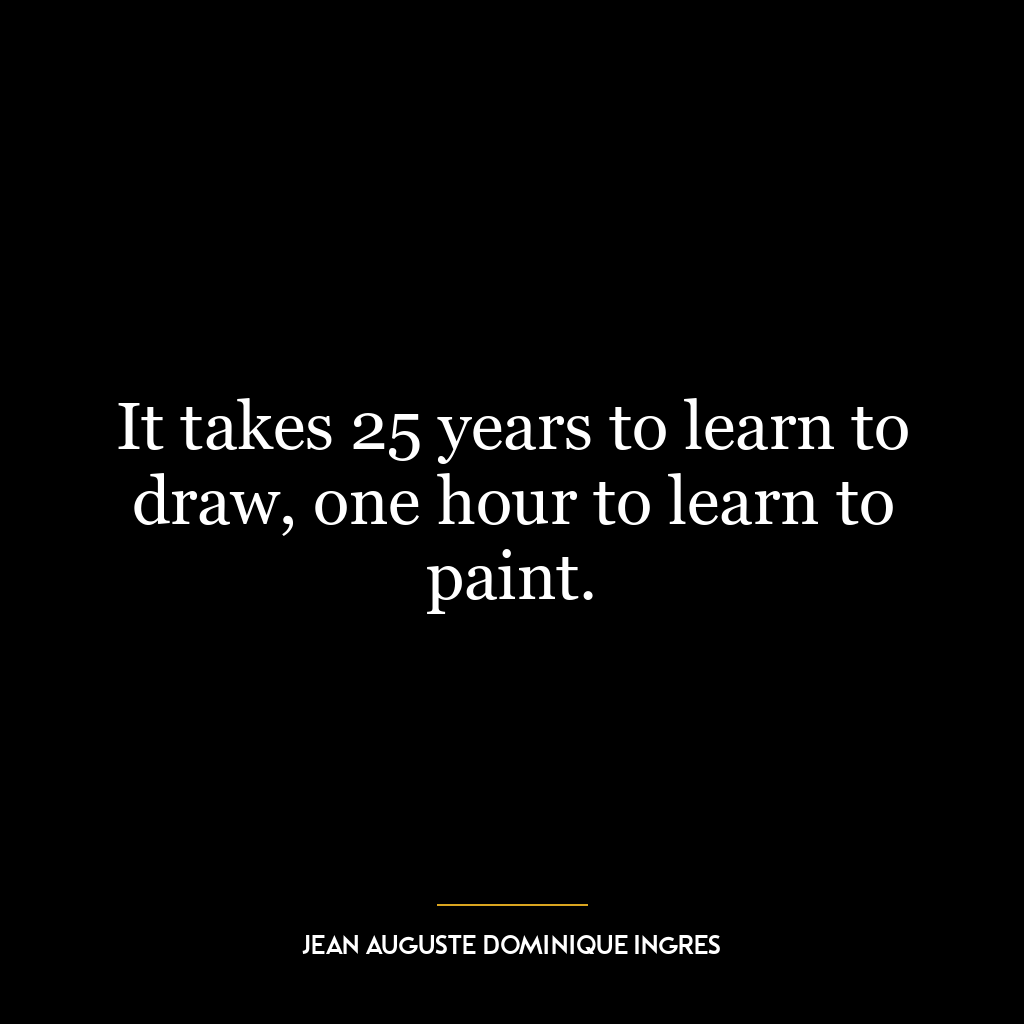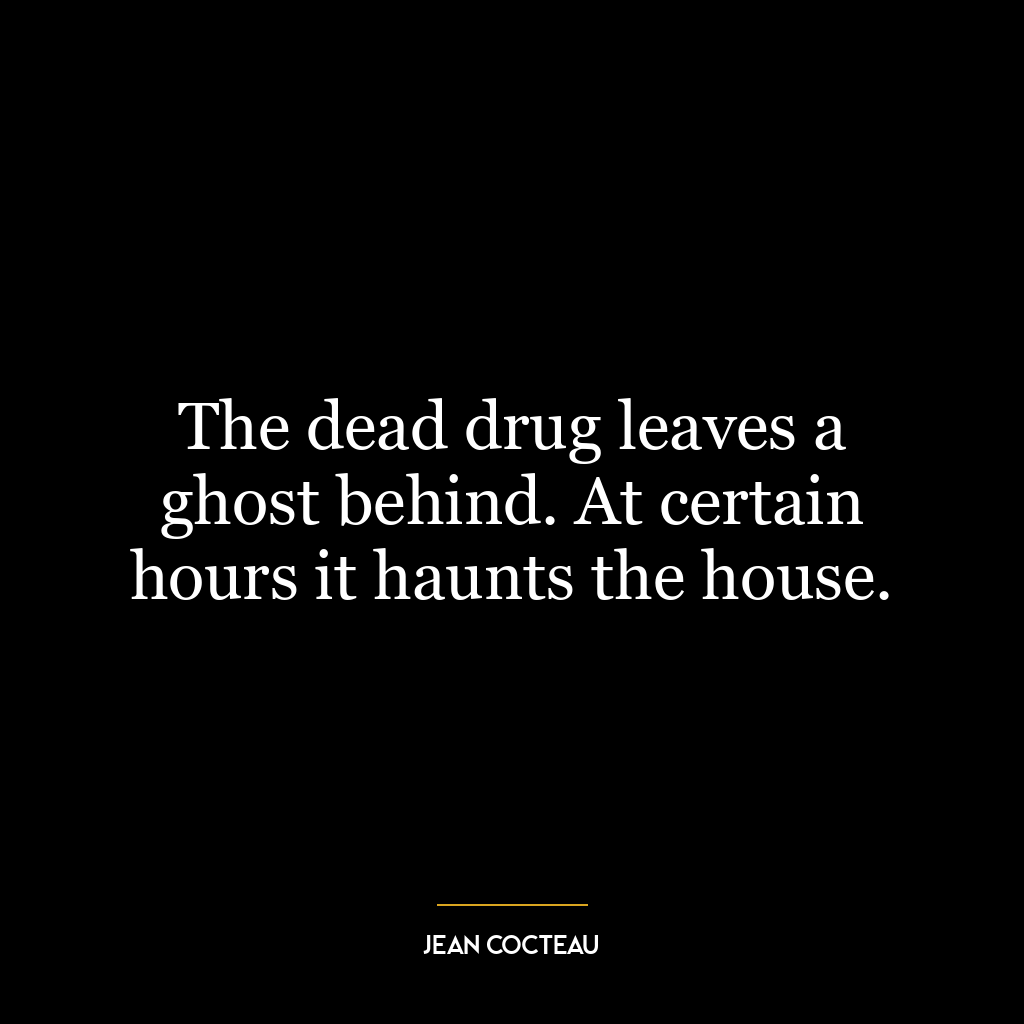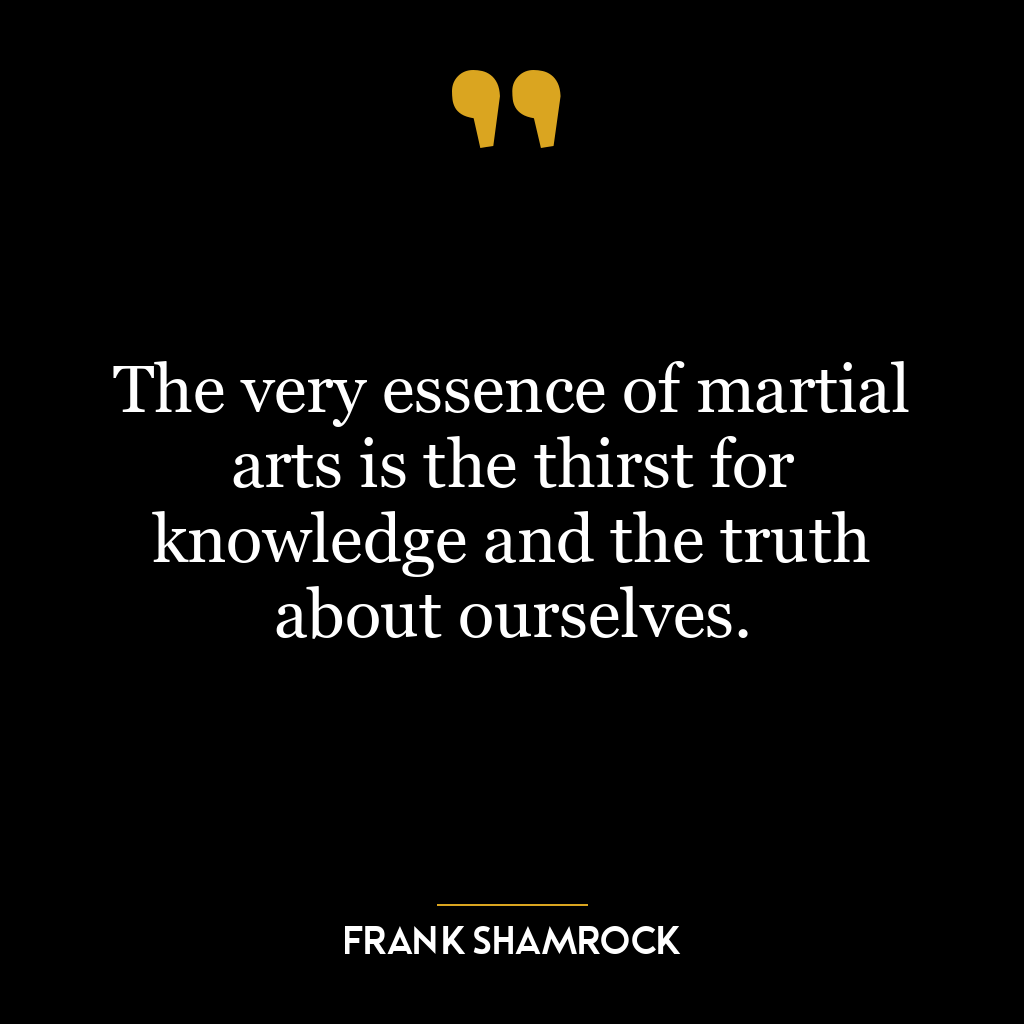This quote essentially emphasizes the idea that true education is not about the facts, figures, or concepts we learn and then forget, but rather about the enduring understanding, skills, and attitudes we acquire. It’s about the ability to think critically, solve problems, make informed decisions, and adapt to new situations.
In other words, education is not about rote memorization or the mere accumulation of knowledge. Instead, it’s about the transformation of the self, the cultivation of wisdom, and the development of lifelong learning habits. It’s about the ability to ask insightful questions, challenge assumptions, and synthesize diverse sources of information.
This quote also suggests that the ultimate goal of education is to nurture independent thinkers who can navigate the complexities of life with confidence and creativity. It’s about fostering the capacity for self-reflection, self-improvement, and self-direction. It’s about empowering individuals to shape their own destinies and contribute to the betterment of society.
In today’s rapidly changing world, this idea is more relevant than ever. As technology continues to evolve and the job market continues to transform, the facts and skills we learn today may become obsolete tomorrow. Therefore, what truly matters is not what we know, but how we learn. It’s our ability to learn, unlearn, and relearn that will determine our success and survival in the 21st century.
In terms of personal development, this quote reminds us to focus on the process, not the product, of learning. It encourages us to embrace challenges, take risks, and learn from failures. It calls for a shift from a fixed mindset, which sees intelligence as static, to a growth mindset, which sees intelligence as malleable. It inspires us to become lifelong learners who are always curious, always questioning, and always growing. It motivates us to strive for progress, not perfection, and to value the journey, not just the destination.




